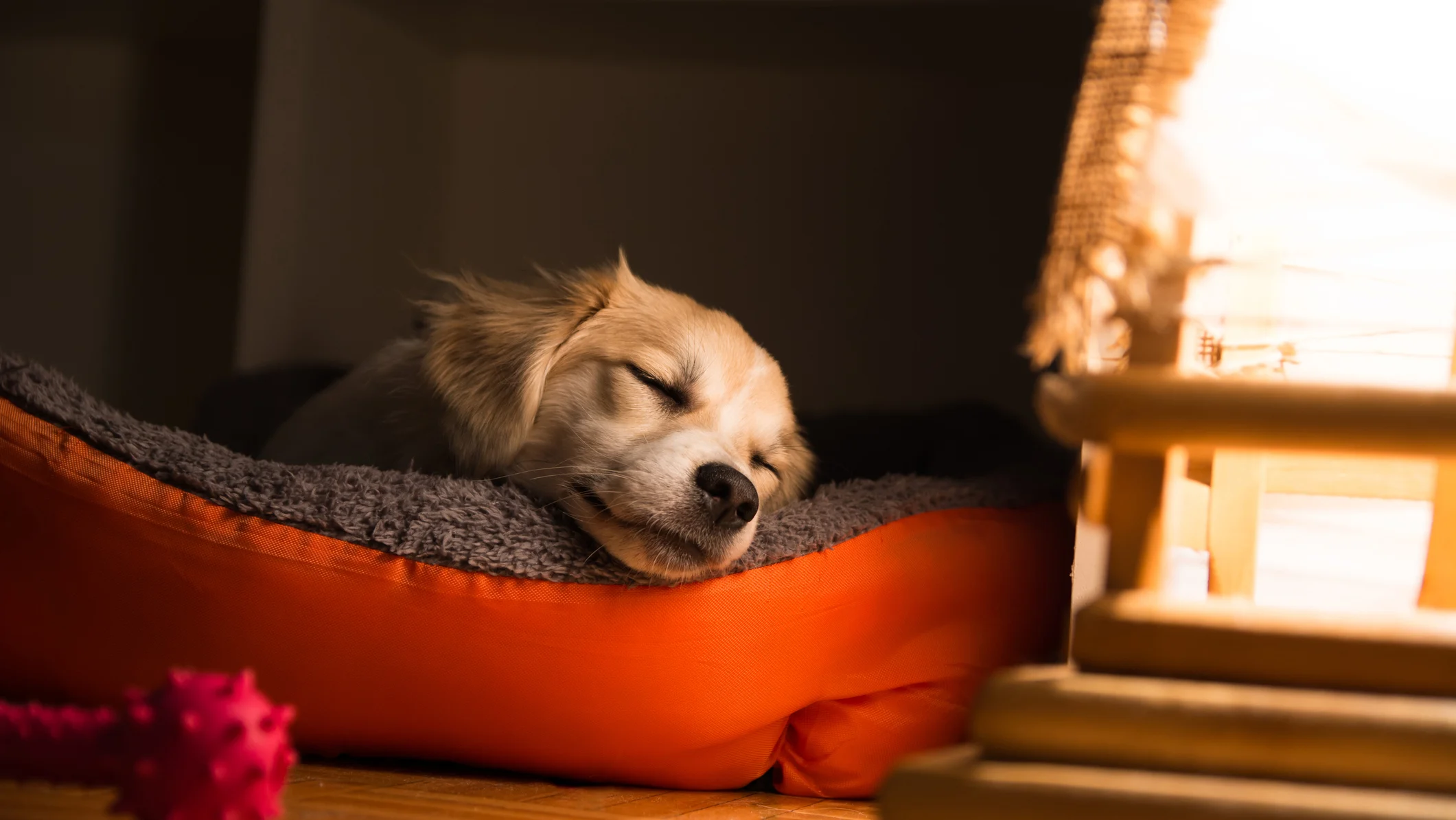Panting is a common behavior in dogs, often linked to exercise, excitement, or heat. However, when your dog is panting at night, it can be concerning, as it may indicate an underlying issue. Understanding the reasons behind nighttime panting can help you determine if your dog needs medical attention or if it's simply a normal response to their environment.
Common Reasons for Nighttime Panting
-
Temperature Regulation:
Dogs do not sweat like humans; instead, they cool down by panting. If your dog is too warm or if the temperature in your home has increased, they may pant to help regulate their body temperature. -
Anxiety or Stress:
Changes in their environment, loud noises (like thunderstorms or fireworks), or separation anxiety can lead to nighttime panting. Dogs are sensitive to their surroundings, and any disturbance can cause stress. -
Health Issues:
Certain medical conditions can cause excessive panting:- Heart Disease: If your dog is experiencing heart problems, they may pant excessively due to the increased effort required to breathe.
- Respiratory Disorders: Conditions affecting the lungs or airways, such as pneumonia or bronchitis, can lead to labored breathing and panting.
- Pain or Discomfort: Dogs in pain may pant as a response. This could be due to arthritis, injuries, or other health issues.
- Fever or Infection: If your dog has a fever due to an infection, they may pant as their body tries to cool down.
-
Medications:
Some medications can cause side effects, including panting. If your dog has recently started a new medication, consult your veterinarian about any potential side effects. -
Dreaming:
Just like humans, dogs experience REM sleep and can dream. During this phase, they may exhibit various behaviors, including panting or twitching. -
Age-Related Changes:
Older dogs may experience anxiety or discomfort due to age-related health issues, which can manifest as panting at night. -
Excitement or Anticipation:
If your dog has established a routine, they might get excited at night, especially if they anticipate playtime or walks, leading to panting.
What to Do If Your Dog Is Panting at Night
-
Observe for Other Symptoms:
Take note of any additional signs, such as coughing, lethargy, vomiting, or changes in appetite. This information can be crucial for your veterinarian. -
Check the Environment:
Ensure your dog has a comfortable sleeping area, with access to fresh water and a cool, quiet environment. Consider using fans or air conditioning if it’s hot. -
Calm Your Dog:
If you suspect anxiety, try calming techniques like gentle petting, soothing sounds, or providing a comforting blanket. A safe space, like a crate or quiet room, can also help. -
Consult Your Veterinarian:
If the panting persists or is accompanied by other concerning symptoms, schedule a visit to your veterinarian. They can perform a physical examination, run tests, and determine if there's an underlying health issue. -
Consider Lifestyle Changes:
If your dog is anxious, consider incorporating more exercise during the day to tire them out, or explore behavioral training techniques to reduce anxiety.
When to Seek Immediate Veterinary Care
If your dog exhibits any of the following symptoms alongside panting, seek immediate veterinary attention:
- Labored breathing or difficulty breathing
- Blue-tinged gums or tongue
- Weakness or lethargy
- Coughing or gagging
- Signs of pain, such as whining or restlessness
Conclusion
While panting at night can sometimes be normal, it’s essential to pay attention to your dog's behavior and health. Understanding the potential reasons for nighttime panting can help you provide the best care for your furry friend. If you have any concerns, don't hesitate to consult your veterinarian for guidance.


